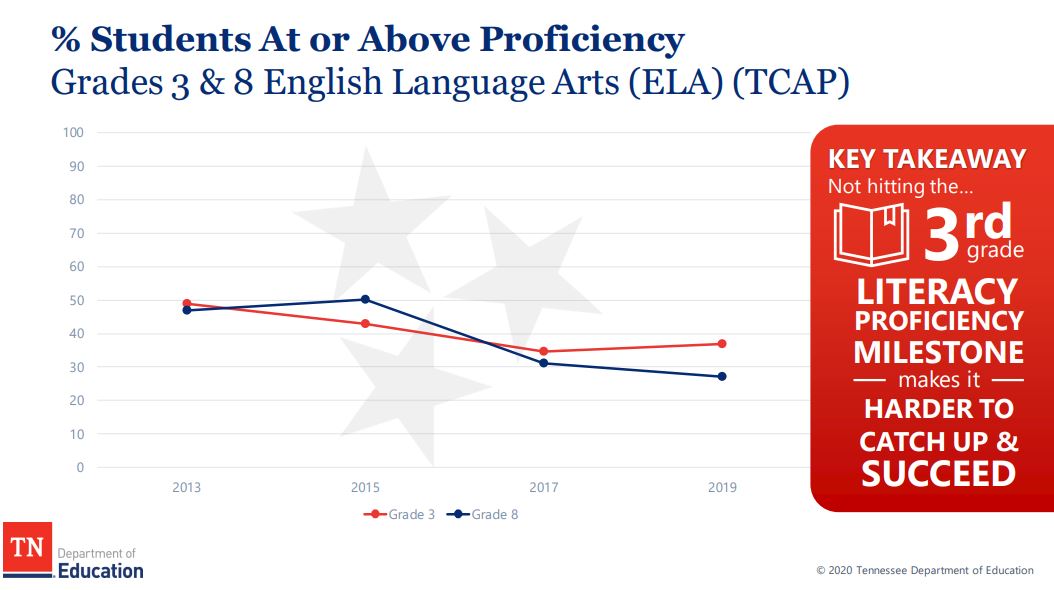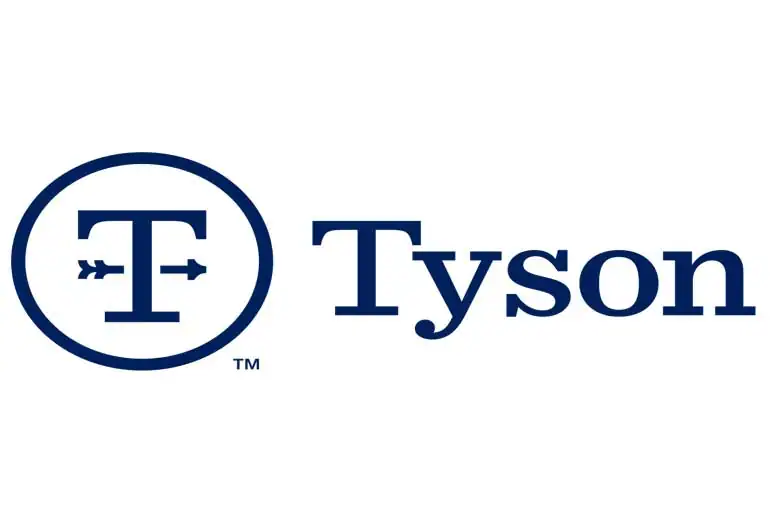Governor Bill Lee has called a special legislative session, beginning Tuesday, January 19th, to prioritize passing a suite of education bills related to sagging literacy, learning loss, assessment and accountability and salary increases for teachers and other educational staff.
With two-thirds of Tennessee’s third graders not proficient in reading and math – a number that has likely worsened due to the COVID-19 pandemic – improving early education is more urgent than ever. This special session could not have come at a more important time for getting early education policies right in Tennessee.
TQEE supports the Governor’s bill package, together with the department’s new Reading 360 initiative, as a strong and important start for addressing the state’s literacy crisis and the added education-related challenges resulting from the COVID-19 pandemic. Our team, alongside many of our partners, will be actively communicating our support to the General Assembly in the coming days and we encourage you to do so as well.
The bill package includes:
- SB7001/HB7003 (Johnson/Lamberth) Requires that the 3rd-12th grade TCAP tests be administered as usual so we have visibility into learning progress or losses and can adequately meet their needs; although does not require districts to administer the usual portfolio assessments for pre-k and k. The bill also importantly extends hold harmless provisions so that TCAP results, and portfolio assessments that districts opt to administer, can’t adversely impact student grades, teacher evaluations, and school and district report cards.
- SB7002/HB7004 (Johnson/Lamberth) enacts the Tennessee Learning Loss and Remediation and Student Acceleration Act which would provide opportunities for students to participate in after-school learning mini-camps, learning loss bridge camps, and summer learning camps. It would require measurement of student progress in those camps and offer free assessment tools for that purpose. It would provide prep courses and professional development for instructors, and establish a new corps (Tennessee Accelerated Literacy and Learning Corps) of high-quality tutors. The bill would also strengthen the state’s 3rd grade reading retention law, by ensuring students are on grade-level before being promoted to 4th grade and that rigorous and well-funded interventions are provided to students who are behind.
- SB7003/HB7002 (Johnson/Lamberth) enacts the Tennessee Literacy Success Act to bring heightened focus on quality literacy instruction pre-k to 3rd grade. The bill would require districts to use foundational literacy skills for early literacy instruction — a method solidly backed by research as the most effective way to teach reading to early learners — and to develop a Foundational Literacy Skills Plan to improve literacy outcomes. The bill also requires the use of a locally-adopted reading screener to identify when students need more support; and it provides the new Tennessee universal reading screener to districts free of charge. It also requires educator preparation programs to provide training on foundational literacy skills, with K-5 teaching candidates required to pass a reading instruction assessment.
- Additional legislation and budget proposals are expected that will address the funding appropriation for above and salary increases for teachers. We’ll post updated information on that bill as it’s available.
- And legislation is anticipated, though not yet announced, that would hold school districts harmless from any funding reductions that would be associated normally with drops in school attendance per the BEP funding formula.
The legislation is a great start, and merits swift passage.
But far more is needed — during the elementary school years as well as prior to kindergarten beginning at birth — to ensure our children achieve that crucial milestone of 3rd grade reading and math proficiency.
Children are born learning. In fact, the brain develops more in the first five years than at any other time during a person’s life. Deficits in early literacy and math skills have been documented beginning at 9 months and widening from there along family income lines.
The data and evidence are overwhelming — achievement and life success requires a strong early learning foundation, from birth through third grade. That’s why we must, with urgency, ensure access to critical early childhood care and education programs –such as high-quality pre-k, affordable and high-quality child care, evidence-based home visiting services, and health and mental health care — for all Tennessee’s economically disadvantaged and otherwise at-risk young learners.





